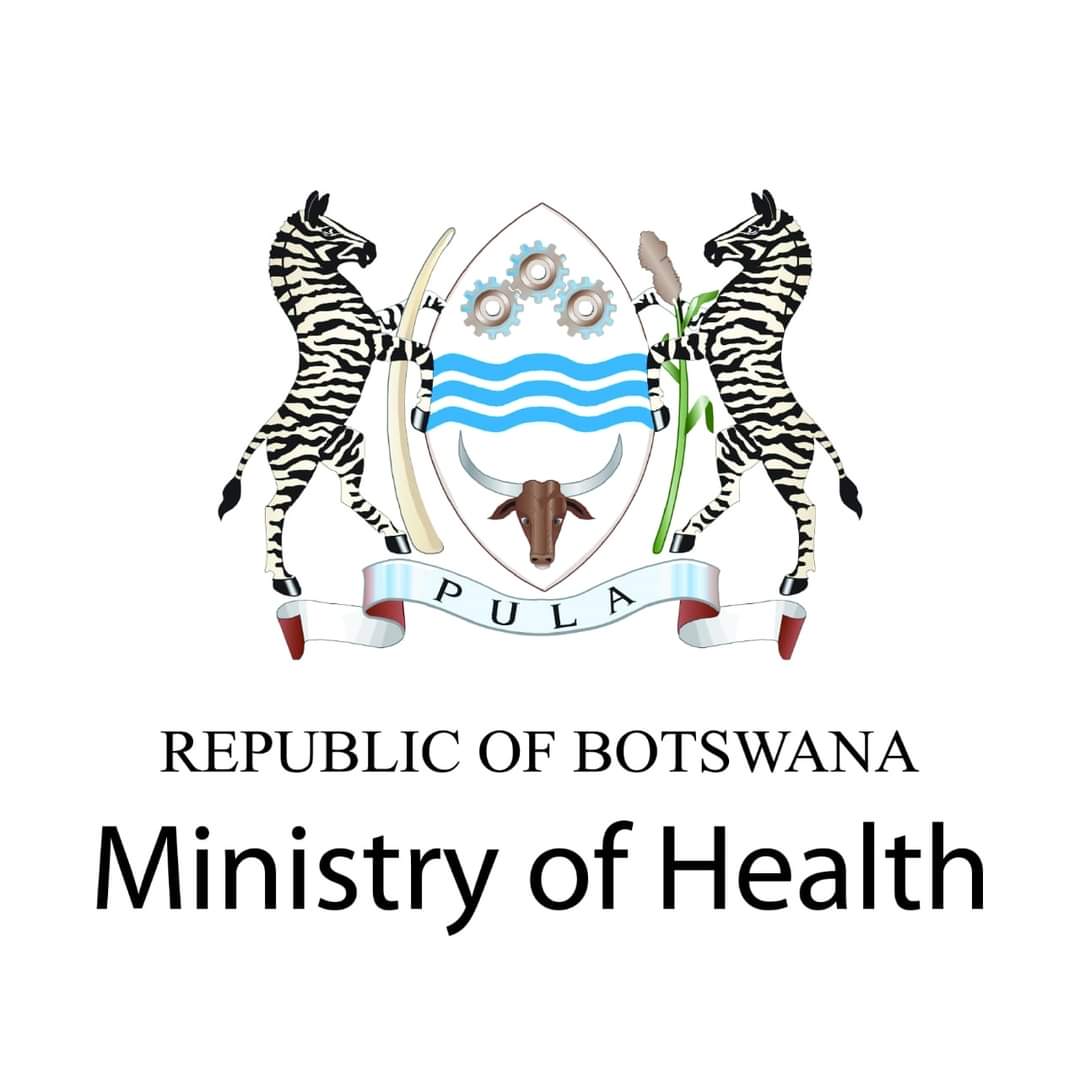As the world grapples with the ongoing challenges posed by foodborne illnesses, the Ministry of Health has taken a proactive stance in raising awareness about the importance of prevention. In a recent discussion, health officials emphasized the significance of safeguarding public health through effective food safety measures and announced the theme for this year’s campaign.
Foodborne illnesses, caused by consuming contaminated food or water, pose a significant public health threat globally. These illnesses can range from mild gastrointestinal discomfort to severe complications and even death, particularly affecting vulnerable populations such as children, the elderly, and individuals with weakened immune systems. With the globalization of food supply chains and changes in dietary habits, the risk of foodborne illnesses has become increasingly prevalent, necessitating concerted efforts to mitigate the threat.
During the discussion, health experts highlighted the various factors contributing to foodborne illnesses, including improper food handling, inadequate sanitation, and the proliferation of foodborne pathogens. They underscored the need for a multi-faceted approach to food safety, encompassing education, regulation, surveillance, and enforcement, to effectively prevent and control outbreaks.
Furthermore, the Ministry of Health unveiled the theme for this year’s campaign: “Safe Food, Healthy Lives.” This theme encapsulates the overarching goal of promoting food safety as a fundamental component of public health, emphasizing the intrinsic link between safe food practices and overall well-being. Through targeted interventions and awareness-raising activities, the campaign aims to empower individuals, communities, and food businesses to adopt practices that reduce the risk of foodborne illnesses and promote a culture of food safety.
Key components of the campaign include:
1. Education and Awareness: Equipping consumers with knowledge about safe food handling, storage, and preparation techniques to minimize the risk of contamination.
2. Regulation and Enforcement: Strengthening regulatory frameworks and enforcement mechanisms to ensure compliance with food safety standards and regulations across the food supply chain.
3. Capacity Building: Providing training and support to food handlers, producers, and regulators to enhance their skills and competencies in maintaining food safety.
4. Surveillance and Response: Implementing robust surveillance systems to detect and investigate foodborne outbreaks promptly, enabling timely interventions to prevent further transmission.
5. Collaboration and Partnerships: Fostering collaboration between government agencies, industry stakeholders, academia, and civil society to collectively address the challenges of food safety and strengthen resilience against foodborne threats.
By mobilizing stakeholders and raising awareness about the importance of safe food practices, the Ministry of Health aims to reduce the burden of foodborne illnesses and promote healthier lives for all. Through sustained efforts and collective action, it is possible to create a safer and more resilient food system that protects the well-being of individuals and communities.
In conclusion, the Ministry of Health’s discussion on the significance of preventing foodborne illnesses and the announcement of this year’s theme, “Safe Food, Healthy Lives,” underscore the government’s commitment to prioritizing food safety as a cornerstone of public health. By fostering a culture of food safety and implementing targeted interventions, stakeholders can work together to mitigate the risks associated with foodborne hazards and safeguard the health and well-being of the population.










